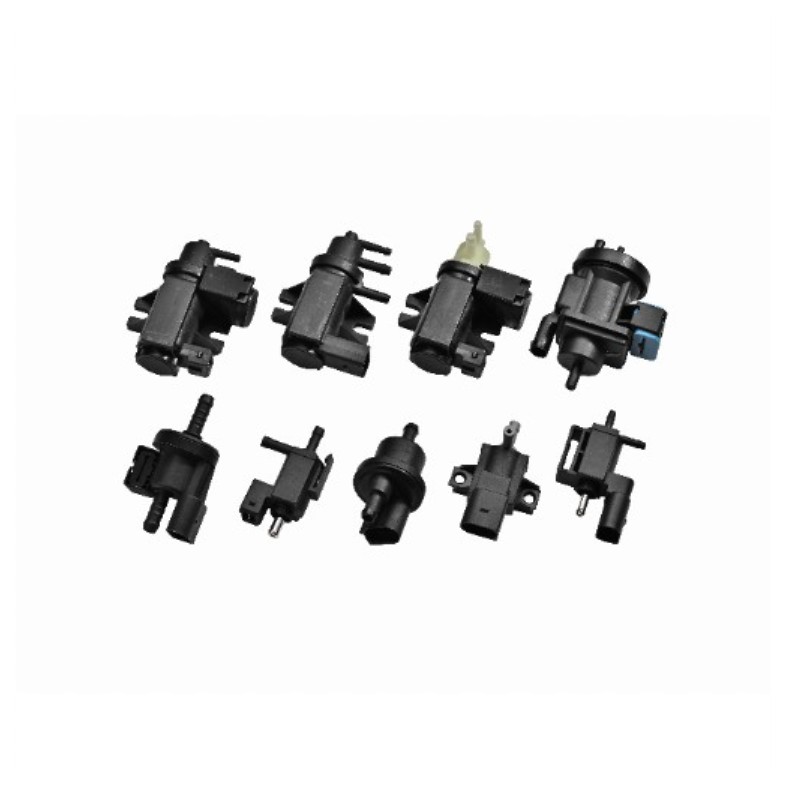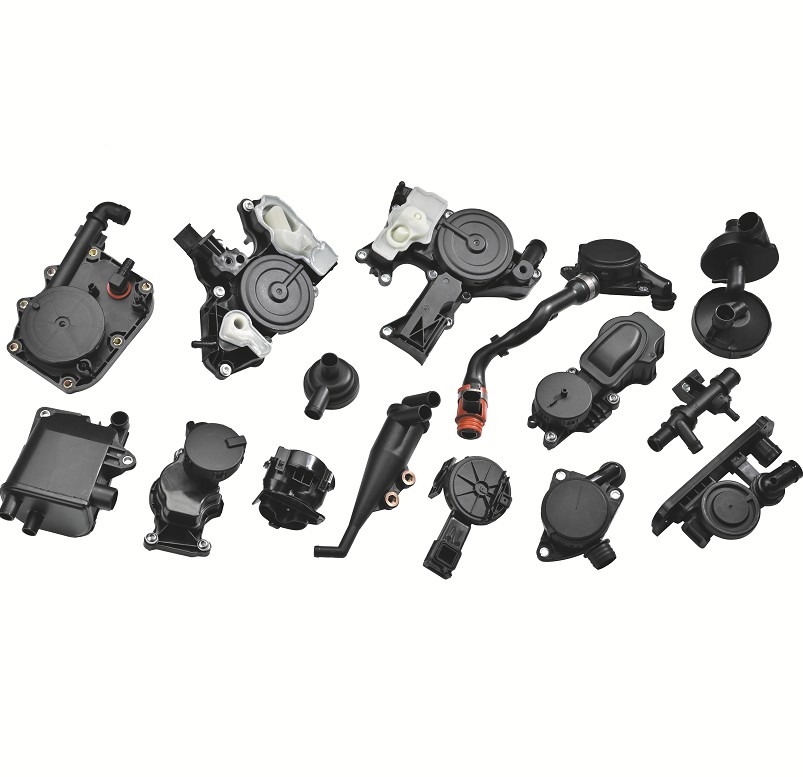The PCV hose, short for positive crankcase ventilation hose, is a crucial automotive component. Although it may appear to be just one of the many hoses in the engine compartment, it plays a crucial role in emissions control and engine health in modern vehicles.
When the engine is running, a small amount of unburned and exhaust gases leak into the crankcase during fuel combustion. If these gases are not promptly expelled, they increase crankcase pressure, contaminate the engine oil, and damage engine seals.
The core function of the PCV hose is to direct these harmful gases from the crankcase to the intake manifold and back into the combustion chamber for secondary combustion. This not only balances crankcase pressure, preventing oil contamination and seal damage, but more importantly, it significantly reduces harmful emissions from vehicle exhaust, making it a crucial component of modern emissions control systems. For this reason, the PCV hose is often referred to as the engine's "breathing tract."
Content
PCV Hose Materials and Characteristics
Given the complex operating environment it faces, high demands are placed on the materials used for the PCV hose.
Material Base: PCV hoses were originally made of standard PVC (polyvinyl chloride), but now higher-quality products utilize composite materials such as chlorosulfonated polyethylene (CSM), fluororubber, or high-temperature and oil-resistant synthetic rubber.
Oil Resistance: They must withstand long-term contact with engine oil vapor and fuel residue without swelling, hardening, or degradation.
Heat Resistance: Installed within the engine compartment, PCV hoses must withstand the high temperatures generated by engine operation while remaining flexible in cold environments and preventing brittle cracking.
Corrosion Resistance: Crankcase exhaust gases contain moisture and acidic substances, requiring PCV hoses to possess excellent corrosion resistance to ensure a long service life.
PCV Hose Application and Maintenance in the Automotive Industry
In the automotive industry, PCV hoses failures often lead to a range of problems. If the hose is cracked, clogged, or deteriorates, the following consequences may occur:
- Vacuum Leakage: Rough engine idle and reduced power.
- Excessive Crankcase Pressure: Increased oil consumption and oil seal leakage.
- Excessive Emissions: Unburned exhaust gases are directly discharged into the atmosphere, rendering emission control ineffective.
Therefore, regular inspection of the PCV hose (and PCV valve) for signs of aging, cracking, or blockage during daily vehicle maintenance is crucial for ensuring efficient engine operation and compliance with emission control standards. Selecting PCV hoses that meet high-performance standards and offer excellent oil, temperature, and corrosion resistance is essential for ensuring driving safety and environmental performance.
We are dedicated to providing high-quality PCV hoses and related automotive parts for the automotive industry. Our products utilize advanced composite rubber technology to ensure reliable and long-lasting support for positive crankcase ventilation systems even under extreme operating conditions.


 English
English русский
русский Español
Español Deutsch
Deutsch











